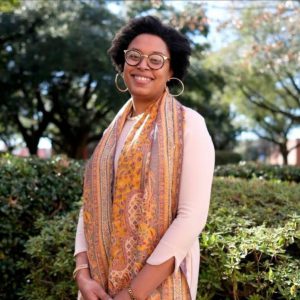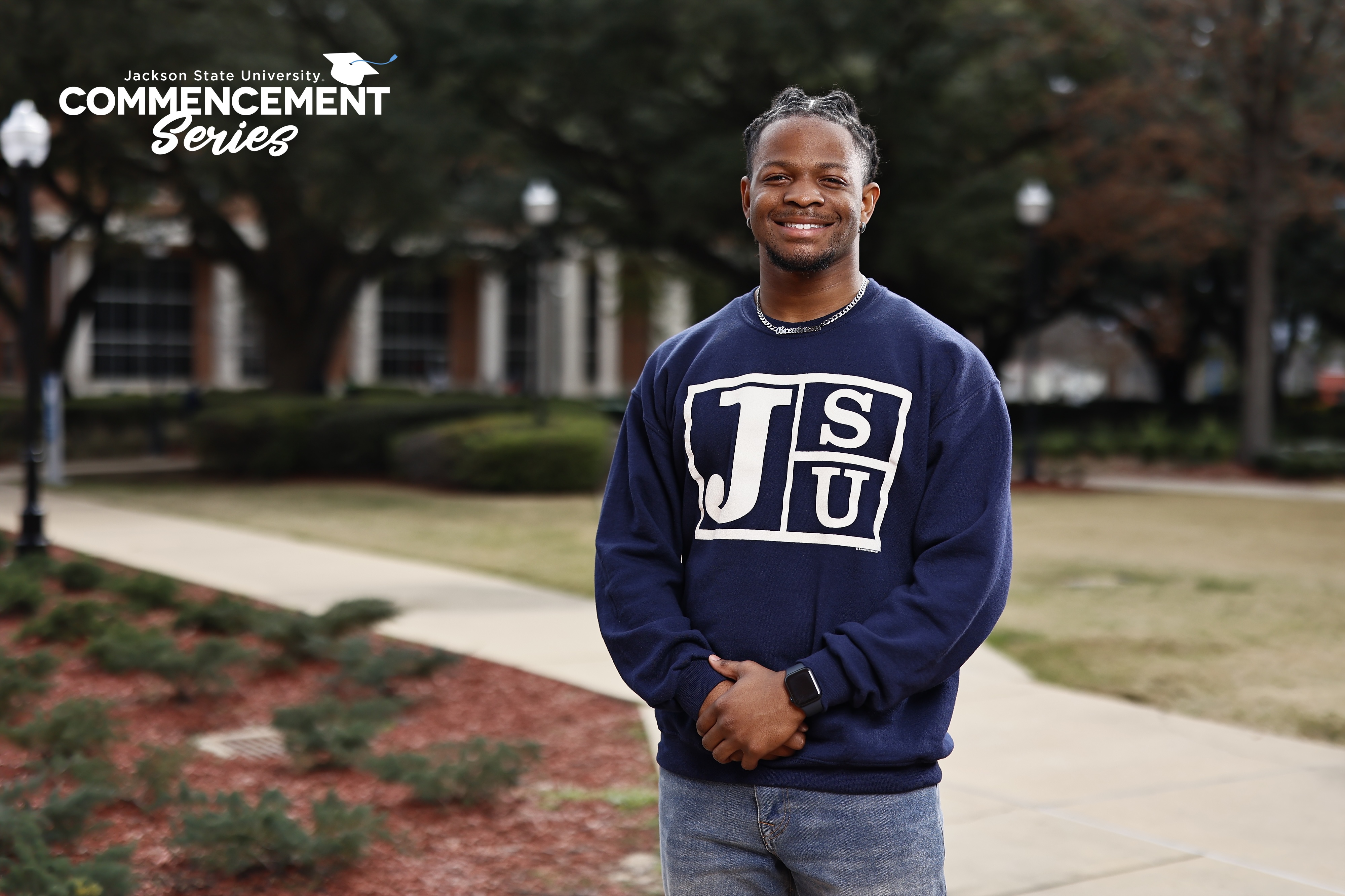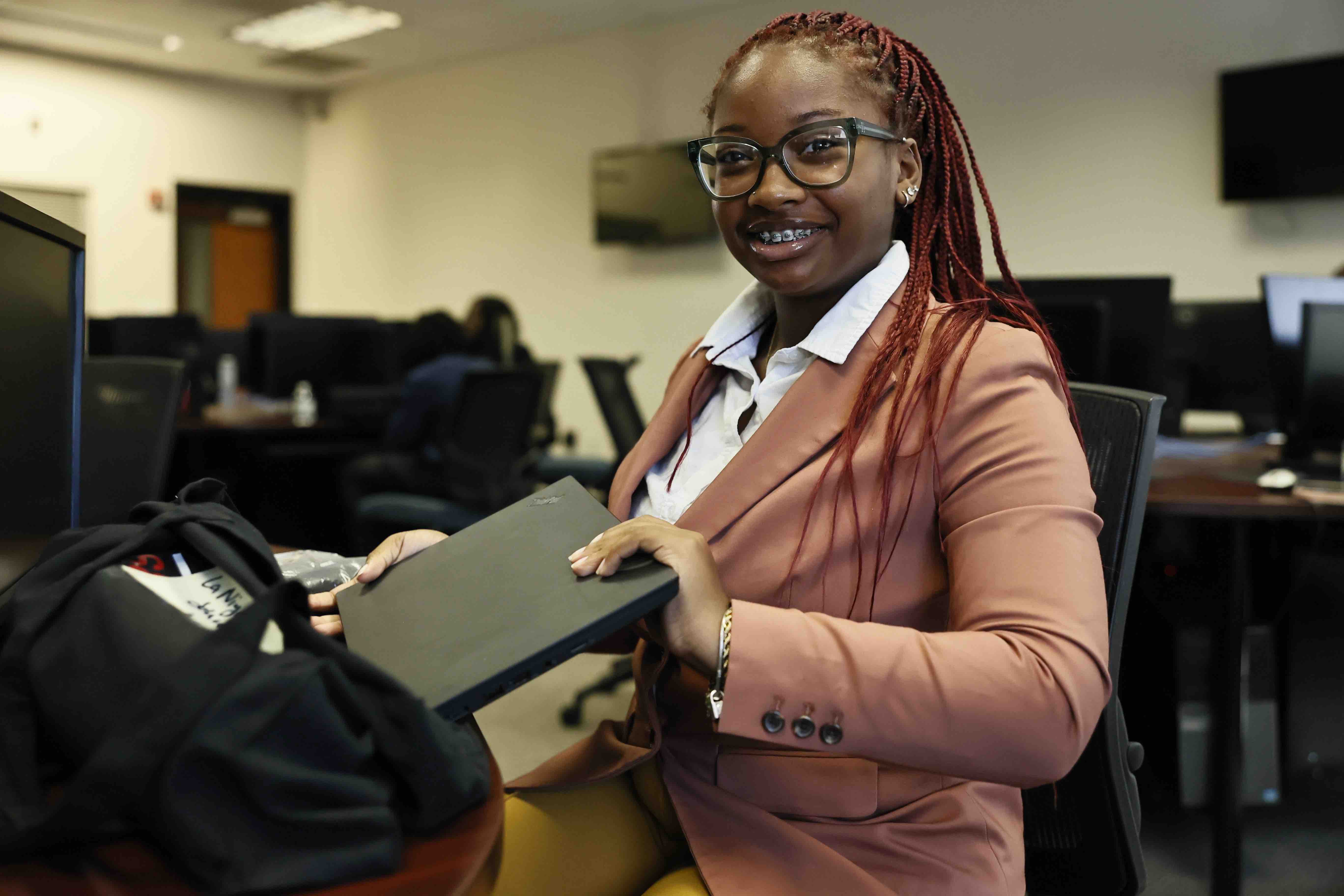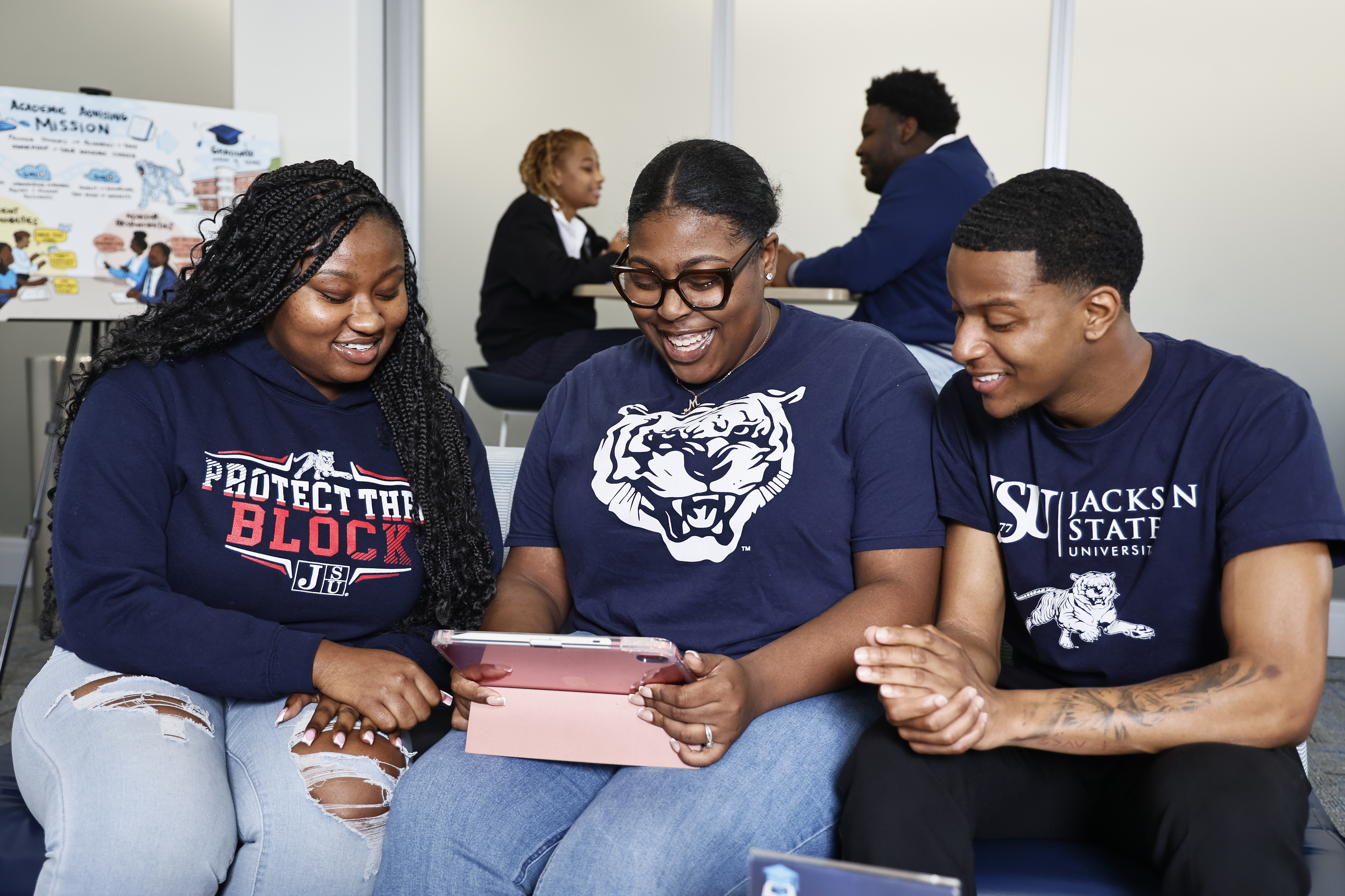
![]() [hr][hr]
[hr][hr]
Alissa Rae Funderburk, oral historian of the Margaret Walker Center, has been invited to lead a Zoom training workshop for Columbia University’s Oral History Master of Arts program on Saturday, Aug. 22, at 3 p.m. CST.
Funderburk will teach an interactive intensive entitled: “Talking White: An Anti-Oppression View Toward Transcribing Black Narrators,” as part of Columbia’s anti-oppression summer series.
“Much of my passion for oral history stems from my desire to bring agency to the voices and narratives of Black people, within and without the ivory towers of academia, with the variety of language and feeling that is the nature of the culture,” said Funderburk, who holds a bachelor’s in anthropology and a master’s in oral history from Columbia.
A native of New York, Funderburk said the English language is inextricably linked to the history of colonialism in America and has been used as a tool to delegitimize the voices and agency of Black people from forced illiteracy during slavery and voter suppression during the Civil Rights Era to the halls of academia today.
“I have designed my workshop to help change the way oral historians think of the transcript as a record and how we consider dialect and the importance of African American vernacular English to recording American history and culture,” she said.
Before joining the Margaret Walker Center, Funderburk created an oral history course for high school students at the Roger Lehecka Double Discovery Center and conducted freelance oral history interviews for Jersey City, New Jersey.
While at Columbia, Funderburk served as the deputy director of the Columbia Life Histories Project alongside its co-founder Benji de la Piedra.
Concerning the Zoom workshop, she said, “The ultimate question we will seek to answer together is how do we transcribe and edit Black people’s voices while combating the overwhelming insistence for accuracy and understandability?”
To register for the workshop, click here.






